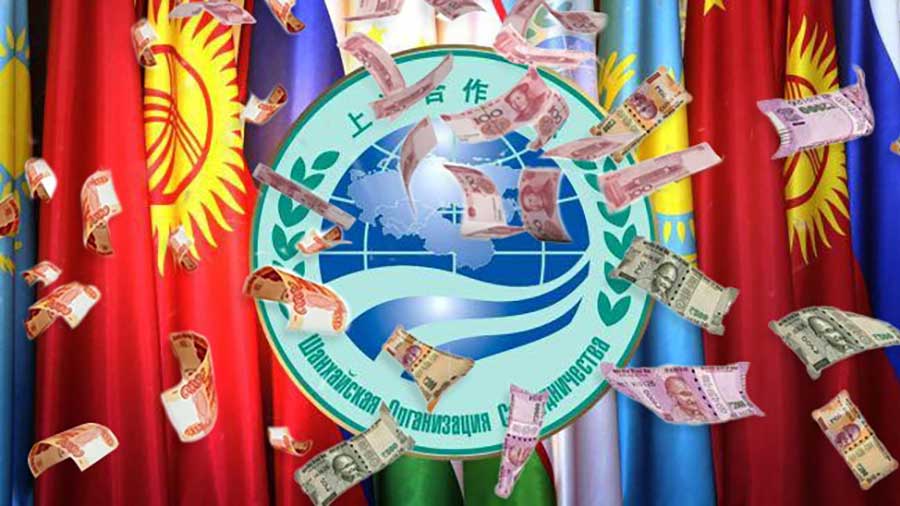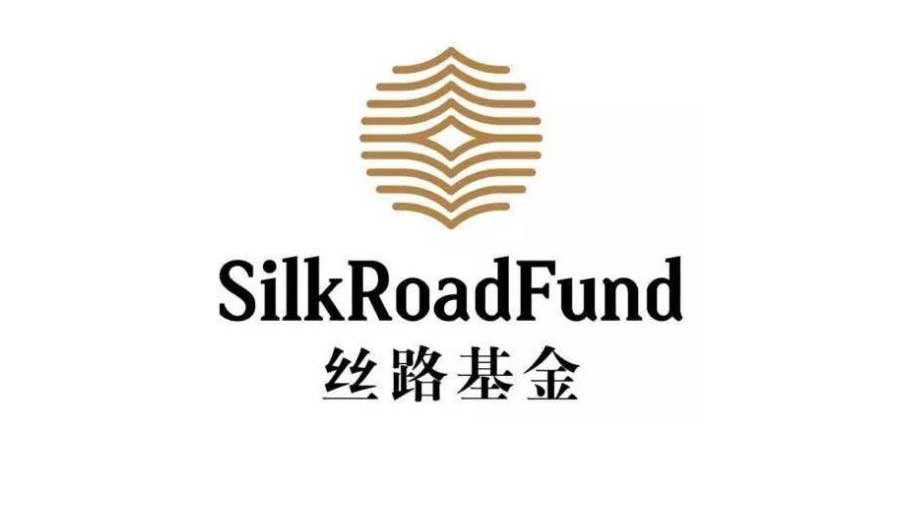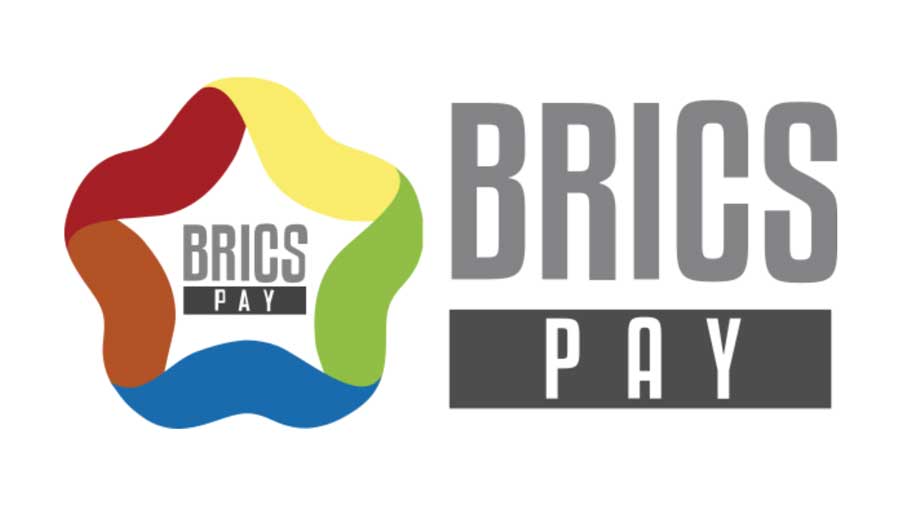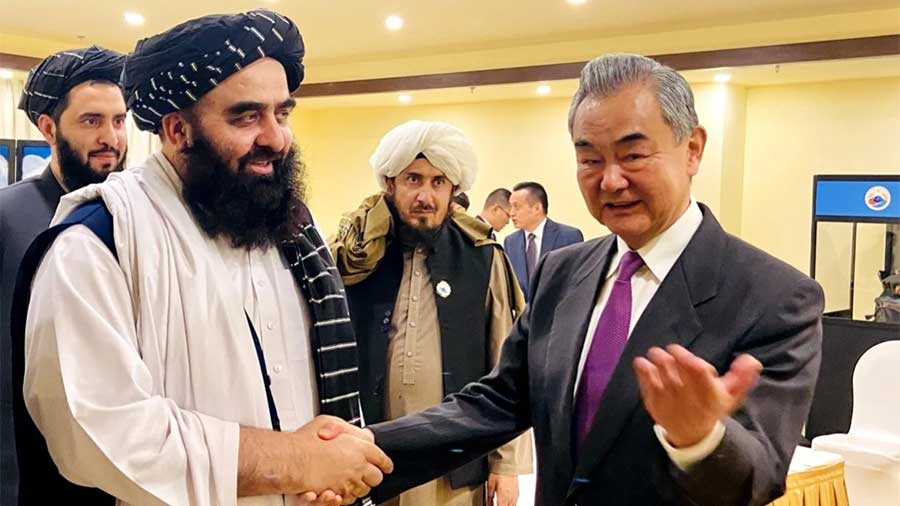Proposals For Shanghai Cooperation Organisation To Set Up Payment Mechanisms Using Member State Currencies
If adopted, 20% of global GDP would move to non-US dollar transactions
Proposals have been made by the Russian Prime Minister Mikhail Mishustin, for establishing an independent payment mechanism for members of the Shanghai Cooperation Organization (SCO).
Following up from recent meetings held by the SCO Council of Heads of State in New Delhi, he said “We should also consider setting up an independent regional mechanism for payments and settlements within the SCO for the conversion of our currencies on national exchanges.”
It is a logical step. BRICS Pay has been introduced and is currently in the process of being rolled out, while the SCO countries would be able to trade without reliance on either the US dollar, Euro or the SWIFT financial network, which is controlled by the United States and have seen countries such as Iran and Russia being blocked from using it.
The SCO currently comprises of nine Member States in China, India, Iran, Kazakhstan, Kyrgyzstan, Russia, Pakistan, Tajikistan, and Uzbekistan. In addition, there are three Observer States interested in acceding to full membership, being Afghanistan, Belarus, and Mongolia, while the CIS, ASEAN and Turkmenistan also all hold this status. On top of that, there are nine Dialogue Partners: Armenia, Azerbaijan, Cambodia, Egypt, Nepal, Qatar, Saudi Arabia, Sri Lanka and Turkiye, all vying to become dialogue partners or full members in due course.
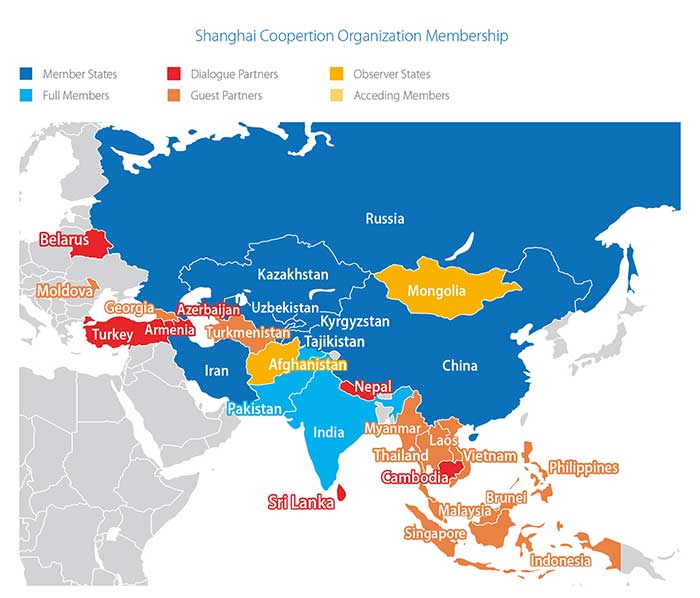
According to Mishustin, legal and administrative barriers will have to be removed for a mutually advantageous economic cooperation. He also called for efforts to develop modern payment infrastructure as “We have been increasingly using our own currencies in settlements.”
The combined overall GDP of the nine full SCO members is about US$21 trillion, or about 20% of the global GDP total.
Related Reading
